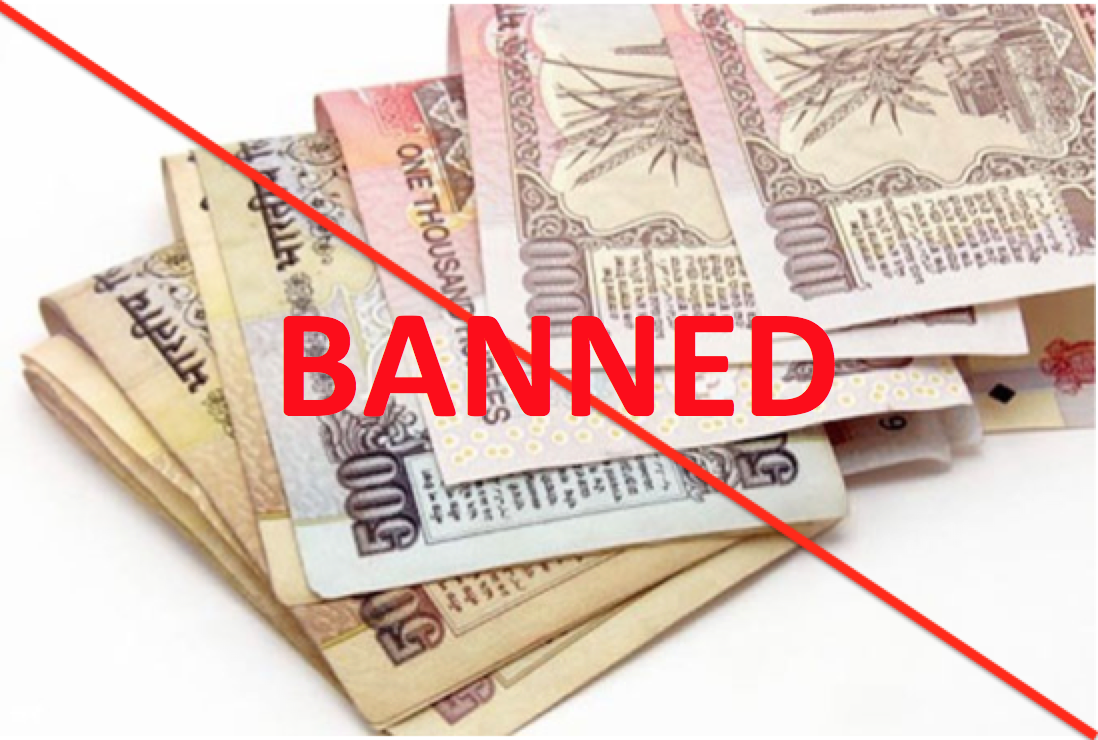Now since the dust has settled after the midnight ban on 1000 and 500 denominated currency on November 8, it’s time to really look at how the Real Estate Industry (New property segment) will be affected.
Everyone with an opinion has been speculating on what could, would or should happen. It’s time for S&P to dissect the situation and present its view on an issue that has gripped the nation.
Key issues and our take on them are listed below:
Overall impact of demonetization in New Property Segment
Demonetization is likely to have a minimum impact on the primary market because a large percentage of transactions are driven by home loans with minimal cash component. In the short term (3-6 months), prices will be stable and there will be lull as people will adopt a wait and watch approach. In the medium term (6-18 months) however, prices will increase as home loan rates decrease and demand kicks in. The large middle income segment of the population will drive demand in the new property segment.
Opportunity in New Property Segment
New residential properties will likely see a lull in demand in the short term as noted above. However, prices are unlikely to go down because over the past 4-5 years, property prices have grown slower than the rate of inflation. Which means properties are already being sold at 2011-12 rates (adjusted for inflation). With construction costs increasing and cost of compliance also anticipated to go up with the introduction of RERA, builders will not reduce prices. Moreover, interest rates are bound to come down which will increase demand and prices in the medium term.
If you are seriously looking to buy a new home, the next 6 months is the best time to do so.
Industry on the cusp of change
With cash now out of real estate transactions and with the introduction of RERA, the industry is bound to become very professional and transparent. Due to this transparency and professionalism, consumer confidence will be very high. As interest rates decrease, buying a home will be cheaper than renting (comparative investment-wise) and this will woo buyers who are on the fence. Moreover, with large amounts of cash now coming into the banking system, the government will implement several infrastructure projects and drive growth in the medium to long term.
What to do if you’re looking to buy your first home
No question, the next 6 months will be the best time for you to do so. Here’s why:
- Builders need cash now as there will be a short term lull. So they’re willing to negotiate with you more than ever before.
- Home loan rates will begin to drop soon. Get in early, and reap the rewards.
What to expect if you wait beyond 6 months
If you’re not ready now, then you have to wait. But be prepared for prices to be higher after 6 months, because by then, home loan rates would’ve have come down and demand will shoot up. What you can do now is to start your search and have conversations with sellers so you can be armed with the best information when you’re ready to buy. You can also try and arrange a pre-approved home loan and start collecting money for your down-payment.
So, overall, now is the best time to buy so don’t let the current scenario dampen your spirits. If you have dreams of buying a home, go ahead and make them a reality.


Leave A Comment